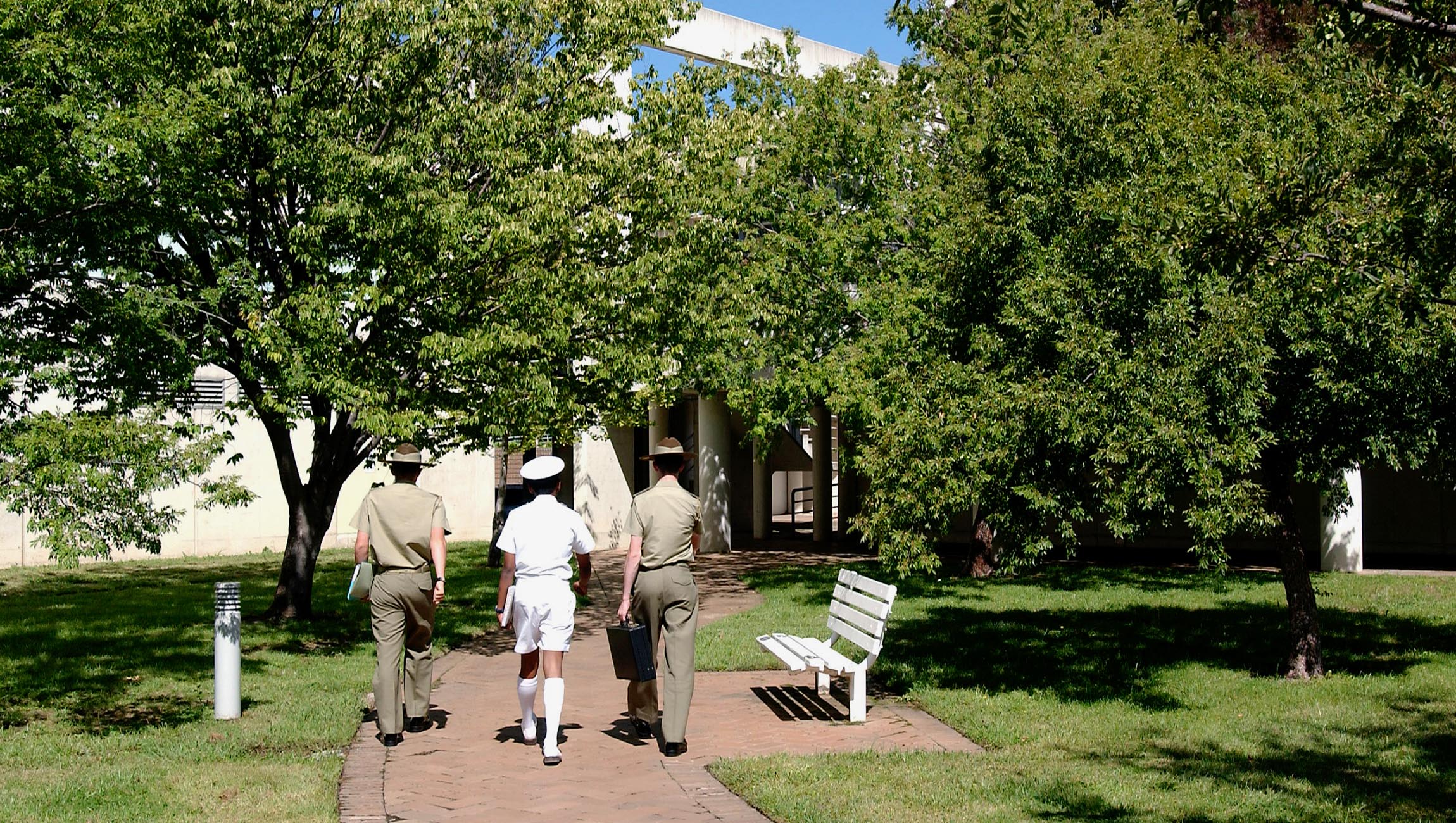Making the move from defence to civilian life
A new study addressing the challenges of moving from an Australian Defence Force (ADF) career to civilian employment has strongly resonated with one of its authors.
A new study addressing the challenges of moving from an Australian Defence Force (ADF) career to civilian employment has strongly resonated with one of its authors.

A new study addressing the challenges of moving from an Australian Defence Force (ADF) career to civilian employment has strongly resonated with one of its authors.
UNSW Canberra researcher Dr Matthew McCormack, a co-author of the University of the Sunshine Coast-led study, was a Royal Australian Navy logistician for 31 years before he transitioned into academia.
He said the research, which analysed the experiences of ADF veterans who had gained civilian employment, helped him reflect on his own transition.
“It was quite cathartic to speak to veterans who were embarking on the same journey I had experienced,” Dr McCormack said.
“It was a joy to listen to their stories, hear how they made the transition and to see so many succeeding in their new lives.”
The results have been released in Making the Move, a report authored by USC Professor Karen Becker, UNSW Canberra’s Dr McCormack, and USC’s Dr Dan Abell and Michelle Smidt.
Professor Becker said the study found that a range of issues were impacting this work transition for both employees and employers.
She said even though the study involved a wide range of veterans, the similarities in experiences was surprising.
“For many, Defence was their first job out of school, and they knew no other workplace, so going into a civilian workplace was a culture shock,” she said.
“For some, it was simple things like not immediately knowing colleagues’ roles without uniforms, learning to be informal in their interactions, struggling to explain in job interviews how their military skills translate into specific roles, and understanding different group and individual dynamics.”
Dr McCormack noted that these experiences were very similar to his own transition into his new role in academia.
“I recall needing to work out how to address the senior academics, the need to come to terms with my new work environment and the vastly different backgrounds of my workmates by comparison to my life in the ADF,” he said.
The findings of the study led researchers to recommend ways to improve the transition, benefiting not only veterans and their families, but also business owners and recruitment managers seeking highly skilled staff.
“There were people who had commanded groups of a hundred individuals in very stressful environments, yet their skills were undervalued or unrecognised in civilian jobs,” Professor Becker said.
“Some straightforward steps could help veterans find and retain rewarding work, and help businesses and organisations tap into and capitalise on this source of talent.
“For example, employers could ensure there is senior management support, provide ongoing support mechanisms such as mentors, and share the value of veterans as a talent source.”
Dr McCormack said he was pleased that the study provided tangible solutions for veterans and potential employers.
“This will help them make a smooth transition from their Australian Defence Force career to a successful life as a civilian,” he said.
The research was funded by the Perpetual Impact Philanthropic Grant Scheme and is available here.